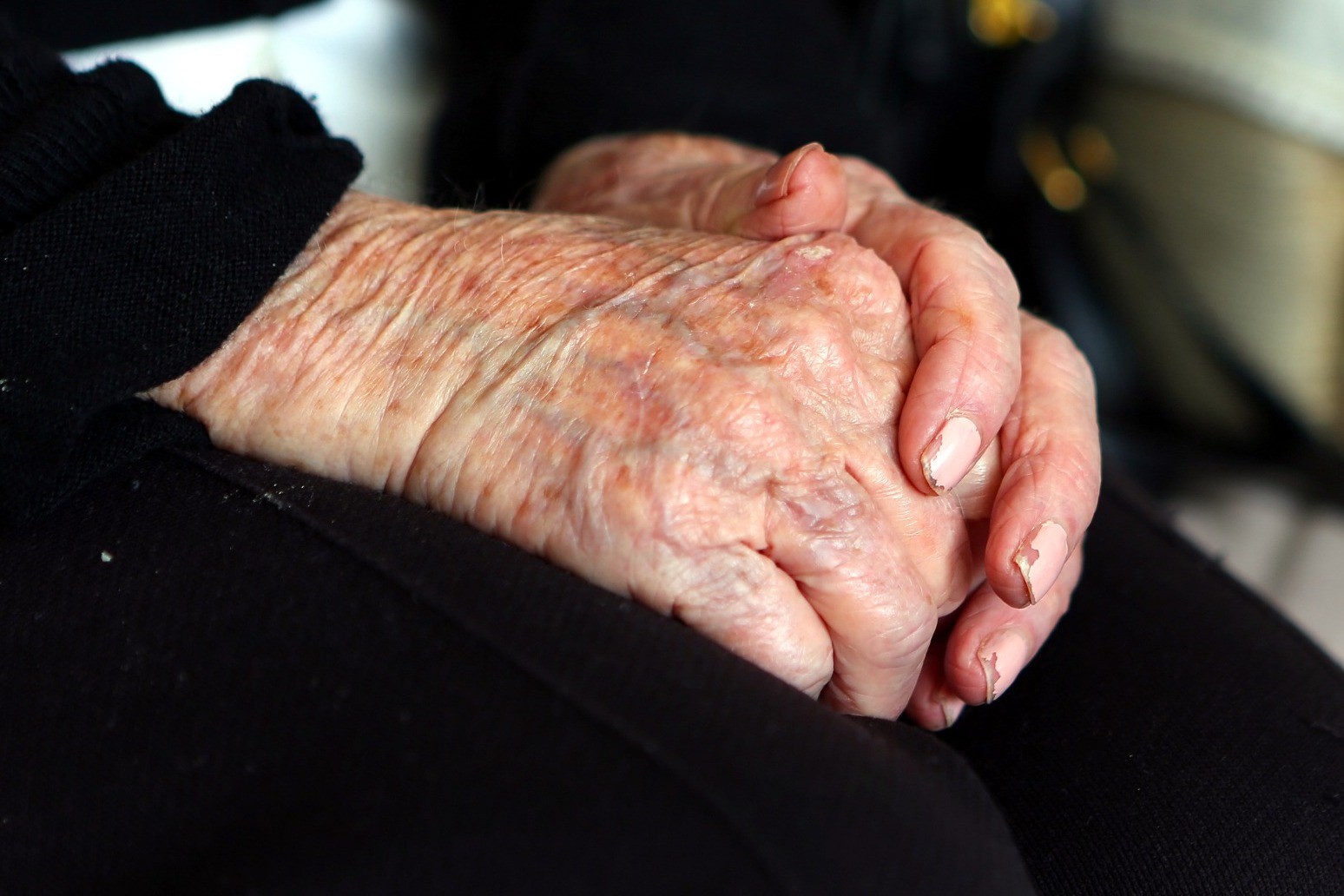
Their research shows it accounted for one in 10 deaths in the UK last year
Dementia and Alzheimer’s disease accounted for more than one in 10 deaths in the UK last year, according to analysis by a charity aiming to find a cure for the illnesses.
Alzheimer’s Research UK has urged for any drugs “deemed safe and effective” to treat the disease to be made available on the NHS as soon as possible.
The analysis by the charity found 74,261 people died from dementia and Alzheimer’s in 2022 compared with 69,178 in 2021.
Of the total, more than 48,000 were women, it said.
According to the Office for National Statistics (ONS), dementia and Alzheimer’s disease led to 65,967 deaths in England and Wales last year, with figures from the Northern Ireland Statistics & Research Agency showing they accounted for 2,017 deaths.
National Records of Scotland data showed there were 6,277 dementia and Alzheimer’s deaths in the country, although the leading cause of death there during the period was ischaemic heart diseases.
According to the NHS, about 944,000 people are living with dementia in the UK.
Hilary Evans, chief executive of Alzheimer’s Research UK, said the data “paints a stark picture of the scale and impact of dementia across the UK” but is “unsurprising”.
She added: “We fear these figures are likely an underestimate because many people with dementia don’t even receive a formal diagnosis.
“Data on who gets diagnosed and where is frustratingly incomplete, and this makes dementia a huge blind spot for healthcare decision-makers and politicians.”
A report published in early December by the Curia Dementia Commission claimed 36% of dementia cases go undiagnosed.
The commission is led by former health minister Lord James O’Shaughnessy, who warned that the “unrelenting rise in undiagnosed cases demands a paradigm shift in our approach to dementia care”.
Ms Evans added: “Dementia is the biggest health crisis of our time, casting a dark shadow over the near million people affected by the condition in the UK.
“Not only does it bring fear, heartbreak, and harm to the ones we love, but it’s also having a huge impact on our economy.”
Alzheimer’s Research UK said recent breakthroughs in potential treatment of the disease is “finally bringing hope” that one day a cure for dementia can be found.
Ms Evans said that new treatments “are within sight”, but added: “It’s time to make sure these innovations reach people who can benefit.
“Any new dementia drugs that are deemed safe and effective need to be available as soon as possible within the NHS, and how people are diagnosed needs to be overhauled. Otherwise, we’ll be staring at the same heart-rending statistics for years to come.”
Recent studies have explored the use of lab-grown small blood vessels as a potential cure for both vascular dementia and stroke, as well as a blood test to determine the biological age of certain organs to predict the progression of diseases such as Alzheimer’s.
It is also hoped a blood test for Alzheimer’s could be available on the NHS within five years, with Alzheimer’s Research UK and the Alzheimer’s Society launching a £5 million project to bring simple tests to the health service.
James White, head of national influencing at Alzheimer’s Society, said: “These statistics are a clear reminder of how far-reaching and devastating dementia is and should raise loud alarm bells for urgent action.”
An NHS spokesperson said: “The NHS, as a world-leader in rolling out innovative treatments, has set up a dedicated programme to prepare for the arrival of new treatments once they are approved by regulators, and this includes assessing additional testing requirements.
“NHS staff have also worked hard to increase dementia diagnosis rates to their highest level in three years.”
Published: by Radio NewsHub









